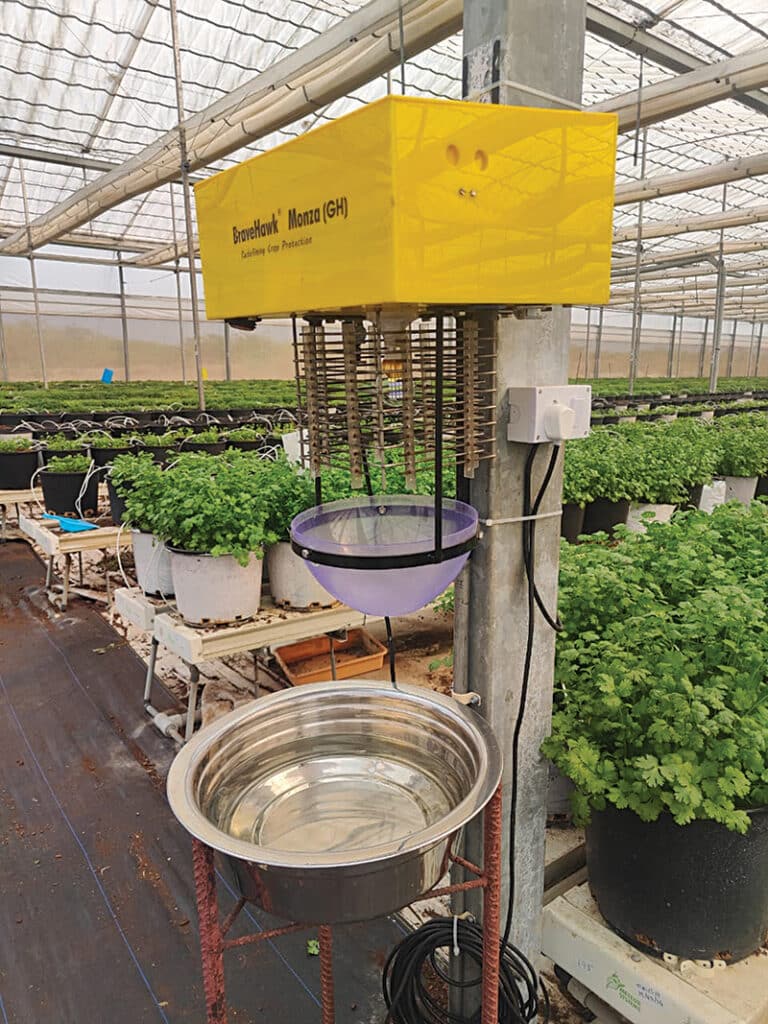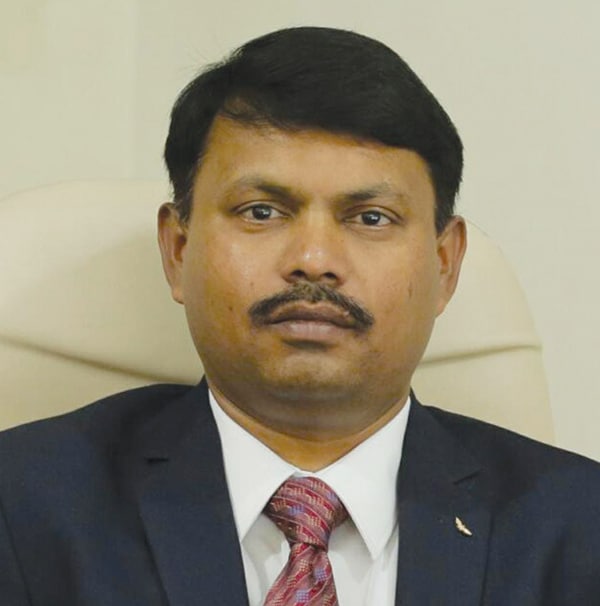AI-Genix, an agri-tech startup, is transforming pest management for farmers through advanced AI-enabled systems that precisely target harmful pests.
In an industry where pesticides and toxins degrade the quality of produce, AI-Genix is leading a shift in agriculture. Their cutting-edge products leverage AI-driven sound waves to pinpoint and eliminate pests, offering a chemical-free solution that safeguards crops.
Founded in 2019 by Shahnaz Shaikh (CEO) and Khalil Shaikh (CTO), this Mumbai-based startup is committed to sustainable farming, using technology to protect crops. With roots in farming themselves, the founders have firsthand insight into the challenges farmers face.
The core issue they tackle is crop damage from insects. Initially relying on insecticides, they shifted focus after several accidents involving toxins and farm workers. This led them to seek a safer, more sustainable alternative—one that protects not only crops but also humans, the environment, and ecosystems.

Their products integrate AI to maximise impact by targeting and eliminating specific insect species using sound waves. This innovative approach boosts efficiency and promotes agricultural health by cutting down on chemical pesticide use.
Manufacturing and assembly take place at their Mumbai facility, ensuring tight control over quality and supply chain efficiency. AI-Genix employs a dual-channel distribution model: a retail network for wide consumer access, and direct engagements with corporate clients to deliver customised solutions for large-scale agricultural operations and businesses.
They have deployed more than 4600 systems in various parts of the world to date. In FY2024, they aim to deploy around one million units worldwide.
The startup offers three distinct series of products designed to enhance sustainable farming practices:
SmartRavager
This solar-powered, unidirectional insect communication system is designed for the management of over 1200 Genus Species of insects and pests. It effectively controls pest populations without harming crops or beneficial, farmer-friendly insects. The system has multiple versions tailored to specific uses. The lifespan of these systems is over six years without the need for any maintenance, and the cost of ownership to the buyer is between ₹37,800 and ₹52,300, depending on the variant.


BraveHawk
This AI-enabled technology utilises multiple sensors to identify different types of insects, explicitly targeting herbivorous pests that damage crops while sparing beneficial species. BraveHawk comes in two versions, one with solar and wind-powered capabilities and another with grid-powered capability: one suitable for open farm areas covering up to 2.5 acres and another designed for protected environments like greenhouses. Priced at `350,000, the device for open fields is powered by wind and solar energy, eliminating the need for electricity. Each unit is built to last over seven years with minimal maintenance.
eBionic
This bioelectronics technology focuses on exterminating specific targeted insect species, including various fruit flies, fruit-piercing moths, palm weevils, tea mosquito bugs, and cabbage butterflies. Priced at ₹350,000, the eBionic devices powered by wind and solar energy are narrow-spectrum and highly specific in their targeting, making them ideal for precise pest management. The lifespan of these devices is over seven years without the need for any maintenance, and the cost of ownership to the buyer is around `419,000.
In addition to these technological solutions, the company offers non-tech-related support to farmers, enhancing their ability to manage farms sustainably. Future plans include expanding their portfolio with more broad-spectrum systems and deploying a portable laboratory to aid farmers in self-examining various farm parameters, such as soil, water, plant tissues, and fertigation solutions. Looking towards the future, the company is committed to expanding its impact by making these innovative tools accessible to small-scale farmers, a group that typically faces barriers to adopting advanced technologies due to cost constraints. To achieve this, they are in the process of collaborating with various non-banking financial companies (NBFCs) to develop a financing programme.
Overall, these products have significantly contributed to improving the quality and yield of crops by eliminating the need for toxic pesticides and insecticides.






